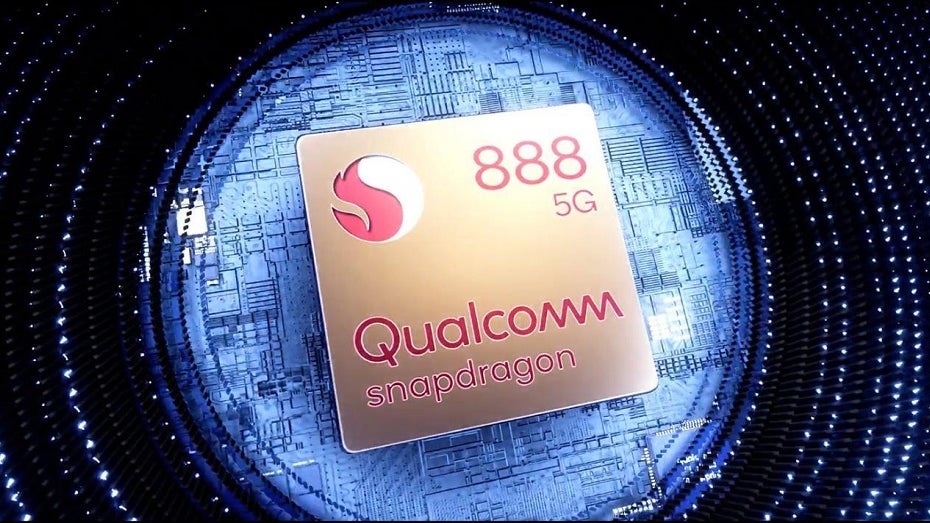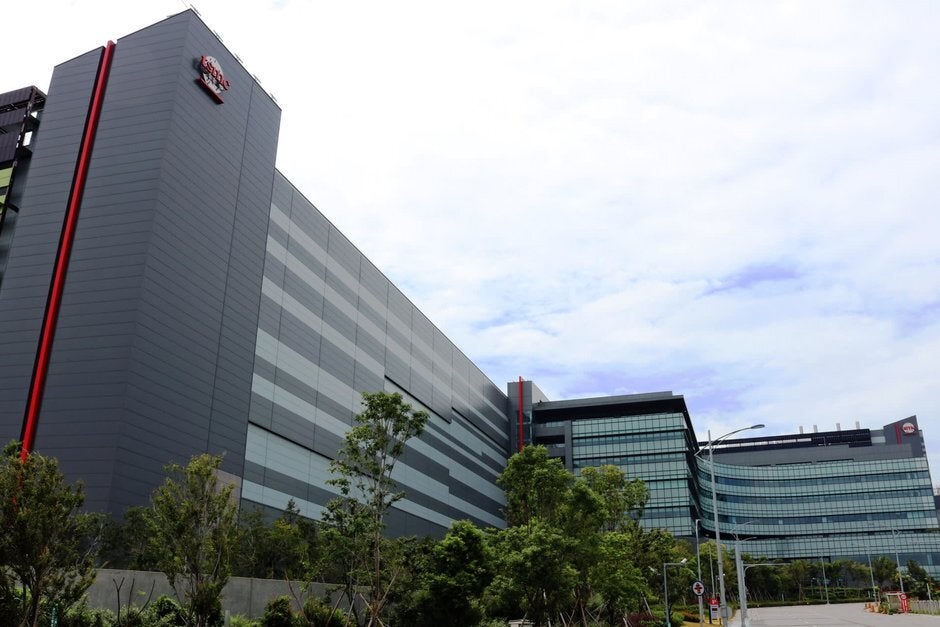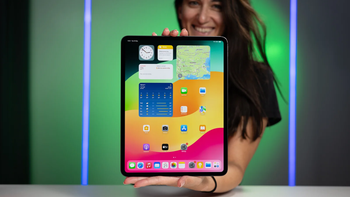White House on Monday to discuss global chip shortage with TSMC, Samsung and others

Tomorrow, which is Monday, the White House plans on holding a virtual meeting about a very important matter-the global chip shortage. One of the companies that will be attending, albeit virtually, is the top foundry on the planet, TSMC. According to CNBC, other firms attending will include Google parent Alphabet, AT&T, Intel and General Motors.
White House to hold virtual meeting tomorrow about the global chip shortage
After the COVID-19 outbreak began last year, chip suppliers in Asian countries, where the pandemic began, found themselves not turning out enough components to meet demand from auto makers like GM and Ford. Other companies from various industries, including those producing smartphones and tablets, are beginning to feel the effect of the chip shortage. The Biden administration is looking to investigate shortages of key supply chain materials including semiconductors, high-capacity batteries, rare earth metals, and medical supplies.

TSMC is one of the companies virtually attending tomorrow's meeting about the global chip shortage
U.S. lawmakers have a concern about the security of the U.S. when it is depending on other countries to deliver cutting-edge semiconductors. The White House is concerned about gaps in domestic manufacturing and in the supply chain that are dominated by "nations that are or are likely to become unfriendly or unstable."
Back in February, Senate Majority Leader Chuck Schumer said, "semiconductor manufacturing is a dangerous weak spot in our economy and in our national security." Schumer noted that an executive order signed by President Biden during that same month was designed to check the "resiliency and capacity of the American manufacturing supply chains and defense industrial base to support national security [and] emergency preparedness."
While China is not expressly mentioned by the White House in its review of the U.S. supply chains, the concern of the administration is that the United States (both the economy and the military) is becoming more and more reliant on supplies being exported from China. Tomorrow's summit will reportedly cover the president's jobs plan and how the U.S. semiconductor supply chain can be strengthened.
The companies virtually attending the summit include Alphabet (Google), AT&T, Cummins, Dell, Ford, General Motors, Global Foundries, HP, Intel, Medtronic, Micron, Northrop Grumman, NXP, PACCAR, Piston Group, Samsung, SkyWater Technology, Stellantis, and Taiwan Semiconductor Manufacturing Company (TSMC). TSMC and Samsung are the top two contract foundries worldwide, respectively.
As we told you last week, TSMC plans on spending a company record $100 billion over the next three years to expand chip production. That would be double the amount that it spend during the previous three-year period. The foundry stated that it "is working closely with our customers to address their needs in a sustainable manner and it plans on spending $25 billion-$28 billion in capital expenditures this year.
TSMC is also building a foundry in Arizona that will cost $12 billion to build. To give credit where it is due, the genesis of this project came during Trump's four years in office. The foundry will start production in 2024 of 5nm chips which unfortunately will not be cutting-edge by the time factory is ready to open.
By the time the Arizona facility opens its doors, TSMC could be shipping chips out of Taiwan produced with a 2nm process node. As it is, during the second half of next year we should see TSMC and possibly even Samsung delivering 3nm process chips. Each time the foundries start production with the next cutting-edge process node, chip sets (and thus smartphones) get more powerful and more energy-efficient.
Considering TSMC's place in the semiconductor industry, this is a very important project for the United States if it wants to eventually take control of its own destiny when it comes to chips. Intel also plans on spending $20 billion starting in 2024 to build two new fabs in the states. Intel is trying to recapture its process lead but has a long way to go at this point with TSMC and Samsung in front.
Follow us on Google News













Things that are NOT allowed:
To help keep our community safe and free from spam, we apply temporary limits to newly created accounts: